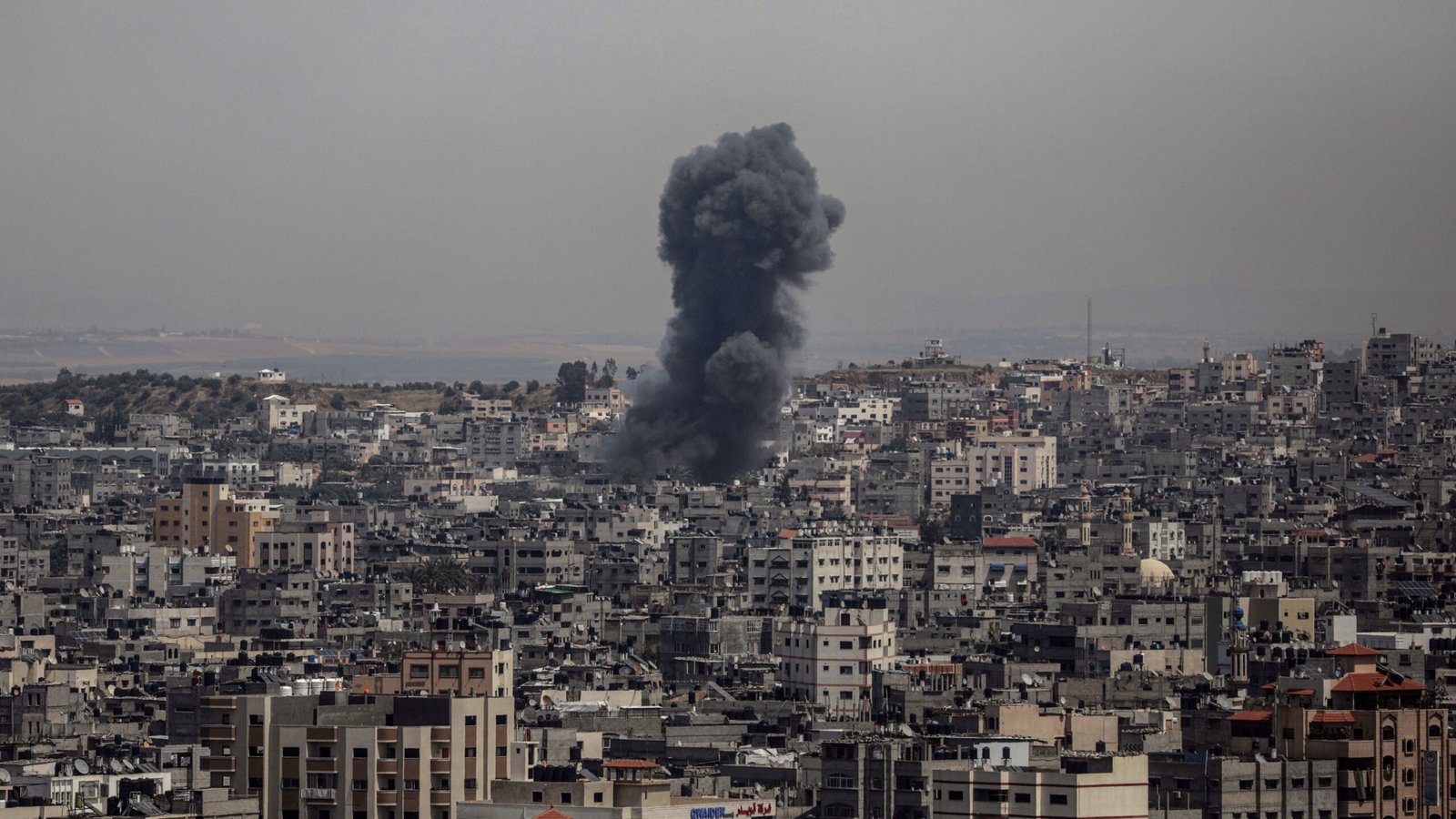In the intricate labyrinth of Middle Eastern geopolitics, Israel’s raid into Gaza’s al-Shifa Hospital emerges as a focal point in the ongoing six-month conflict that has gripped the region. This operation, described by many as one of the largest and most successful to date, sheds light on the complexities surrounding military engagements in densely populated areas and raises significant questions about law, order, and civil rights.
The Israeli Defense Forces (IDF) embarked on this week-long raid with precision and strategic foresight. The detention of over 800 men during this operation—claimed by Israel to include 480 members of Hamas and Islamic Jihad—marks a significant blow against these organizations according to Israeli officials. However, it is imperative to scrutinize such claims closely, ensuring they are backed by transparent evidence to uphold justice and prevent any undue harm or injustice towards innocent individuals caught in the crossfire.
The IDF asserts that their meticulous planning resulted in at least 170 people killed while reportedly avoiding civilian casualties—a claim that demands thorough independent verification given the complex nature of urban warfare. Civilian infrastructure like hospitals often finds itself at the heart of conflict zones, raising profound ethical dilemmas about their use for military purposes versus their sanctity as places of healing.
As defense analysts and human rights observers dissect these events, a critical question arises: How can states balance their right to self-defense with the imperative to protect civilian lives and infrastructure? International humanitarian law offers some guidance but applying these principles amidst chaotic urban combat remains a formidable challenge.
The planned discussion between top Israeli defense officials and Washington adds another layer to this multifaceted issue. While geopolitical strategies are essential for national security considerations, they must not overshadow urgent humanitarian concerns nor contravene international norms aimed at safeguarding civilians during conflicts.
Furthermore, the UN Security Council ceasefire resolution—passed despite previous U.S. opposition—highlights global efforts towards de-escalation. Yet its effectiveness remains questionable as both Hamas and Israel have voiced opposition against it. This underscores a grim reality: ceasefires can only be successful if all parties involved commit genuinely towards peace efforts.
This situation calls for an introspective examination within our global community regarding how we address conflicts where non-combatants risk becoming collateral damage amidst struggles for power or ideology. It beckons us towards fostering dialogue rooted in empathy, understanding cultural nuances without prejudice, advocating for robust accountability mechanisms when violations occur.
In conclusion, while operations like those conducted at al-Shifa Hospital may be deemed necessary from a tactical standpoint by some actors involved in conflicts such as these; they underscore an urgent need for comprehensive frameworks prioritizing human rights alongside national security interests.. As we navigate through these turbulent times filled with uncertainty; let us remember that achieving lasting peace requires more than just strategic might—it necessitates unwavering commitment towards justice equity,, ultimately leading societies toward greater harmony rather than division

Leave a Reply